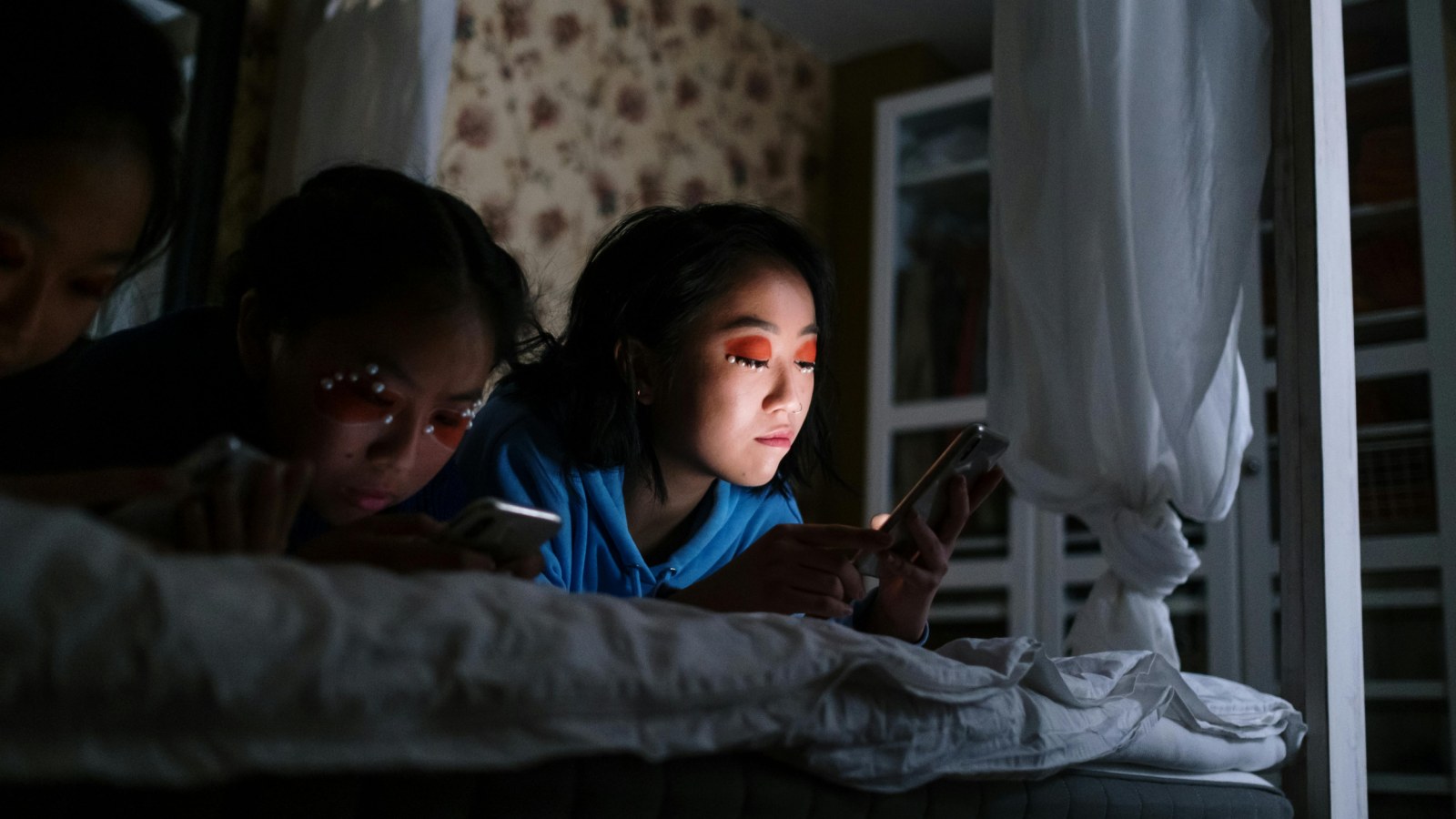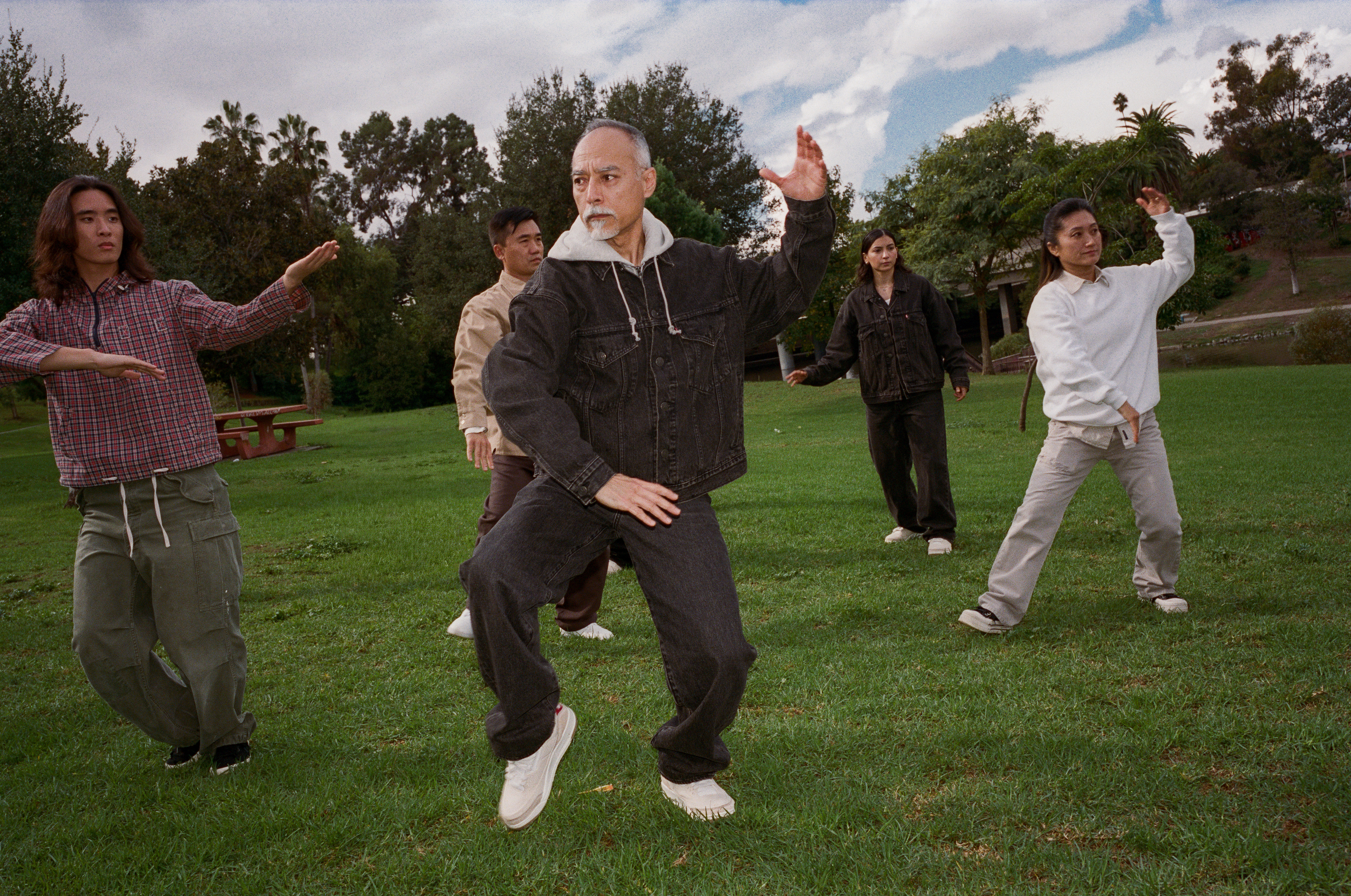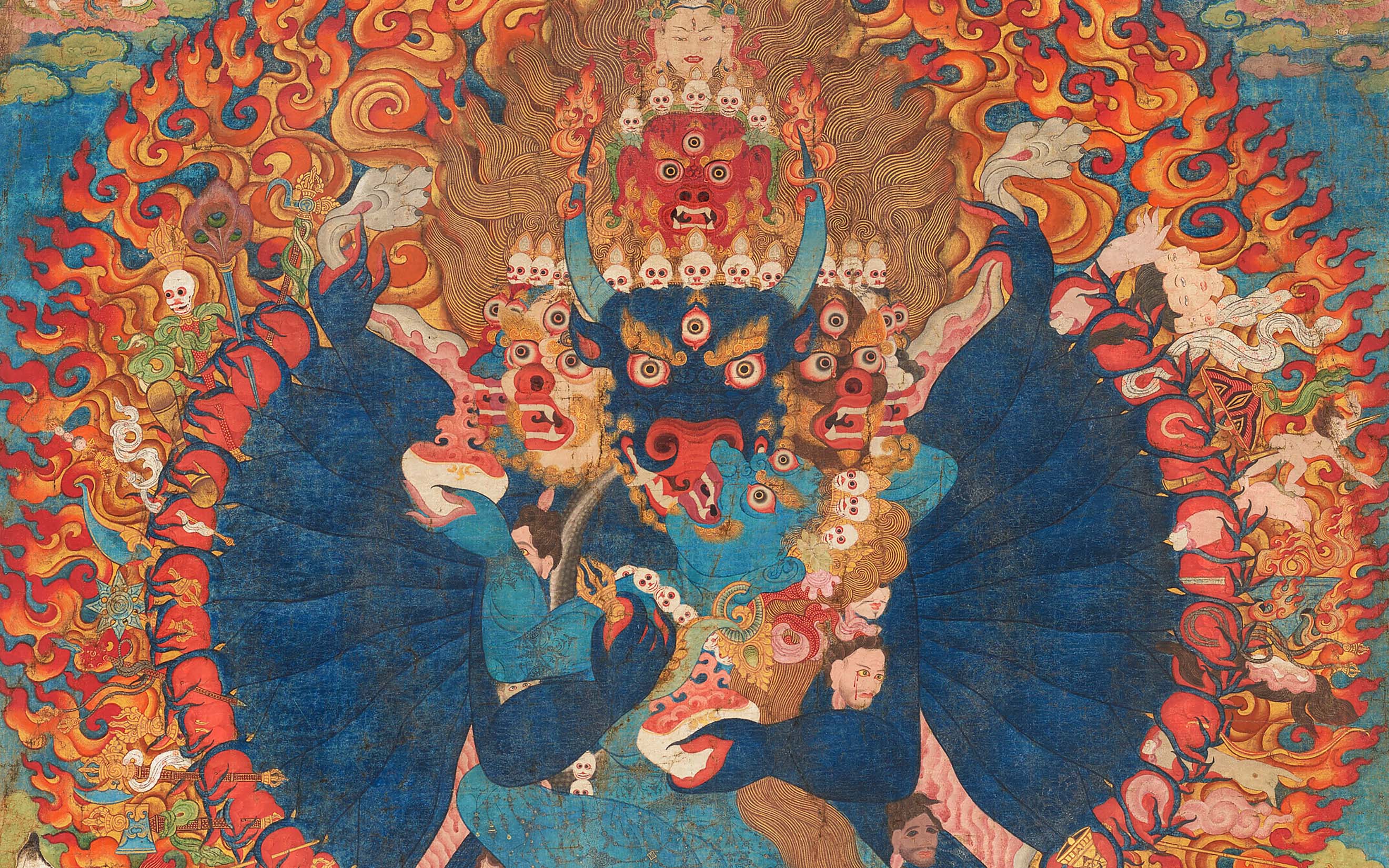The Chinese animation market has long been dominated by the films of Disney, Pixar, and DreamWorks. Even though the Chinese-themed animation Kung Fu Panda achieved great crossover success and employed a substantial Chinese staff, it was still produced by Oriental DreamWorks before the company became fully Chinese owned.
But Light Chaser, an animation studio founded in Beijing in 2013, is looking to change things.
The company is trying to become the first Chinese studio to tell Chinese stories through internationally positioned animated features. When founder Gary Wang (王微) raised $20 million in funding in 2014, investors showed faith in the studio for its “international-level production system” and computer-generated imagery that was “really close to Hollywood’s standard,” according to an article from the time posted on Tencent Tech (link in Chinese).
Since then, Light Chaser produced and released Little Door Gods (2016) and Tea Pets (2017), both of which are based on Chinese culture and myth.
 The Four-Year-Old Chinese Animation Studio That’s Putting Out Films on the Scale of PixarArticle Sep 29, 2017
The Four-Year-Old Chinese Animation Studio That’s Putting Out Films on the Scale of PixarArticle Sep 29, 2017
Although I enjoyed recent films like Coco and Zootopia, I’ve never been an animation fan. However, when I recently had the chance to watch an early screening of Light Chaser’s third film, Cats and Peachtopia, I was struck by its beautiful scenes and exquisite detail.
The story is set in the southwestern city of Chongqing. A middle-aged cat named Blanket lives in a high-rise apartment, enjoying a life in which he and his son Cape want for nothing. But Cape is curious about the world outside the windows, and finally leaves home for looking for Peachtopia — a heaven for cats, where he expects to see his mom. Heading out in search of the missing Cape, Blanket sets off with a macaw friend named Mack, returning to the outside world that hurt him long ago.


The film took four years to make, as all of its scenes were based on actual street views and detailed modeling. The production team applied a high degree of precision to the main animal characters, and invited an international sound production team and post-production team to collaborate on the film.

It was an impressive experience to see a Chinese city rendered with such details as cable cars, shared bikes, teahouses, and wharfs crawling with adorable animated kittens. The high point of the animation was the film’s treatment of Peach Blossom Spring, a utopia where people live in harmony with nature and know nothing about the outside world first described by poet Tao Yuanming in 421 AD.


Aside from appealing generally to kids, the film seems primed for “cat slaves,” a term that’s gained currency on the Chinese internet to describe cat-obsessed netizens. (For their contribution to the world’s cat mania, proud kitty owners in China have dubbed themselves “Shit-Shoveling Officer” in certain corners of the internet.) The film provides a big-screen chance chance to xi mao (吸猫, “inhale cats”) — another internet phrase that likens watching cat videos to a drug addiction.



If cat lovers are one target demographic, fathers of young children are another. In many Chinese families, fathers see themselves as too busy with work to share responsibility for raising children, and they are the primary audience that Light Chaser wants to attract with this movie, according to the film’s official press release:
When a kid grows up, the father plays an important role in cultivating the child’s socialization, self awareness, and sense of security. We hope this adventure of father Blanket and son Cape can awaken people’s awareness of how important fatherly love and accompaniment are, so that fathers can care for their kids more, and spend more time with them.

Veteran Taiwanese pop star Emil Chau and Xi’an rock superstar Xu Wei, both of whom have not released new songs for years, created theme songs for Cats and the Peachtopia, adding to the film’s buzz.
This Thursday, many people in China are off work and will spend time with family for Tomb Sweeping Festival, a holiday to commemorate loved ones who have passed away. Light Chaser is betting that a good number of families with little ones (and the aforementioned “shit-shovelers”) may also join in the adventures of Blanket and Cape.

You might also like:
 CMC Capital Partners Takes Full Ownership of Oriental DreamWorks, Renames it Pearl StudioArticle Feb 09, 2018
CMC Capital Partners Takes Full Ownership of Oriental DreamWorks, Renames it Pearl StudioArticle Feb 09, 2018


















